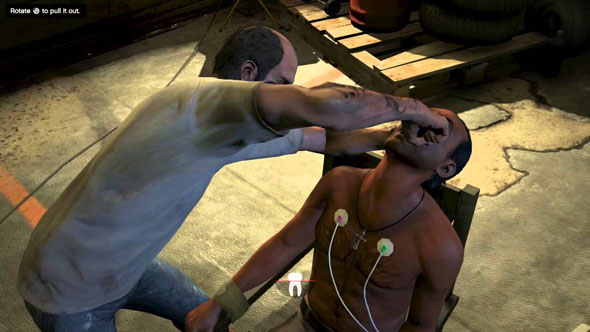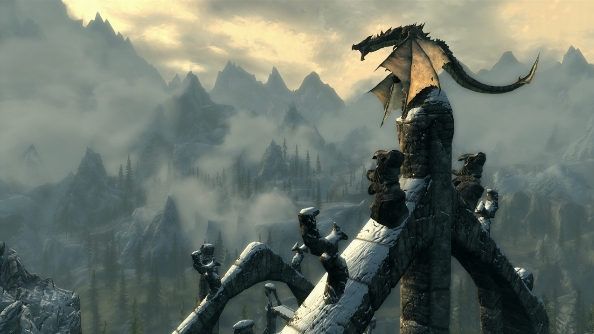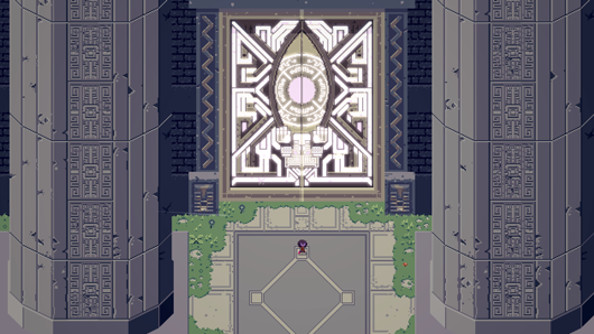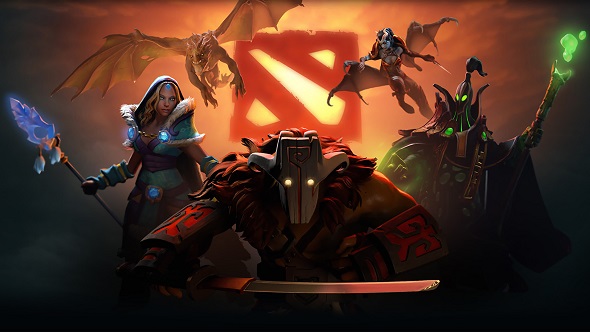We have a tendency to instantly and loudly react to things we do not like in the videogame industry, and that noise can be deafening. We are also used to being pandered to. Don’t like the ending of a game? Hound the developers to change it. Sad because Dante had a haircut? Hound the developers to change it. Nowhere is this attitude more pronounced than on Steam, where the user reviews system is often wielded like a weapon by organised groups with a bone to pick. Yes, I am talking about review bombs.
Related: the best free Steam games.
Review bombing on Steam is the act of an organised group getting together and tanking the overall user review score. Some see it as a way to protest decisions they disagree with, be it the introduction of loot boxes or a developer’s personal politics. Despite those people seeing it as a pro-consumer way to get their voices heard, though, what effect is this practice having on developers?
Below, we take a look at some of the most notable times this has happened, and what the negative attention meant for the games in question.
GTA V

In June this year, Rockstar’s parent company Take-Two Interactive issued a cease and desist warning to OpenIV, a modding platform for GTA V. Previously, Rockstar had taken issues with mods that allowed players to tweak aspects of GTA V’s online portion, for obvious reasons. However, OpenIV was also used by myriad modders who were creating content for the game’s single-player.
“Take-Two’s actions were not specifically targeting single-player mods. Unfortunately, OpenIV enables recent malicious mods that allow harassment of players and interfere with the GTA Online experience for everybody,” the publishers said in a statement.
Following that, a Change.org petition cropped up to save OpenIV, gathering over 81k signatures. Shortly after, the review bombing on Steam began, to the point where the ‘recent reviews’ section of the game’s homepage turned red and displayed ‘mostly negative’.
It is not clear whether this was a direct result of the review bombing or not, but Rockstar came to an agreement with Take-Two soon after, promising to not target single-player mods, though they still do not officially endorse them. GTA V’s Steam page still hasn’t fully recovered from the incident, with both recent and overall reviews sitting at ‘mixed’ at the time of writing. Many recent reviews are blaming the game’s cheat detection methods for their negative feedback.
Skyrim

It is happening right now. It is happening again. Remember when Bethesda and Valve thought paid mods were a good idea and the community went completely bonkers back in 2015? Skyrim was hammered with a host of negative reviews in response. Soon after, paid mods were cancelled and those who had spent money on them were refunded.
Then, one year ago, Bethesda released Skyrim: Special Edition. This release boasted a graphical overhaul for the game, with better lighting, higher-res textures, and all that jazz. It also hid the original game from customers on Steam. It was a fresh slate.
Now, paid mods are back under the guise of Bethesda’s Creation Club, and people are not happy. The audience seems to think that Bethesda purposely released the Special Edition to break the original mods, as many are not compatible with the sexier version. Once paid mods resurfaced, this conspiracy took hold, and now the reviews are plummeting again.
Recent reviews for Skyrim: Special Edition are now ‘mixed’. Many of these negative reviews come from players with hundreds of hours spent questing through its snowy fantasy world.
Firewatch

Once upon a time, there was a man who got famous for playing videogames on the internet. His name was PewDiePie and he had more followers than Jesus (at least, on YouTube). He was occasionally prone to saying and doing stupid things, but the townsfolk kept giving him the benefit of the doubt. After all, he was just a videogame man.
One day, however, PewDiePie’s mask slipped during a livestream and he a let slip a racist word. A day after apologising, he almost did it again.
Before this obscene slip-up, PewDiePie had recorded a let’s play of a game called Firewatch. The videos were made quite a while before this particular incident, but developers Campo Santo decided they didn’t want their game associated with such racist language, so they filed a DMCA takedown of PewDiePie’s Firewatch series.
His fans took to Steam in droves and wrote nasty words. It now has ‘mixed’ recent reviews on Steam, but is bolstered by a ‘very positive’ rating across all time, from people with good taste.
Titan Souls

Titan Souls is another case of gaming fans sticking up for the little man – if the little man is a YouTube star with millions of rabid followers. This time, the drama began because a developer dared to print out a TotalBiscuit tweet and put it on their fridge. No, really.
TotalBiscuit had said the game wasn’t for him and that its concept did not appeal, to which Andrew Gleeson – an artist on the game – tweeted out: “TotalBiscuit doesn’t like TS. This is the best day.” He followed up with an image of TotalBiscuit’s tweet stuck to his fridge.
Following this, TotalBiscuit did a podcast where he claimed the game’s developer “has it out for [him].” At the time, a bunch of TotalBiscuit’s followers assembled in a bid to bring the review average down on Steam. Fortunately, TotalBiscuit told his followers that he did not endorse this behaviour. Most of the negative reviews have since been removed, and the game seems to have not suffered much on Steam because of the drama.
Dota 2

This one is fresh off the press. It only happened in August this year, but it has to be up there with one of the most ridiculous reasons for review bombing a game. Dota 2 was hit with a wave of negative reviews from Valve fans who believe the developer’s continued support of their incredibly popular MOBA is the reason Half-Life 3 never got made.
This bizarre situation didn’t come out of nowhere, of course. Ex Valve writer Marc Laidlaw wrote a blog post that detailed the rough story of his vision for Half-Life 3. It was interesting, but it was also pretty much confirmation that the game is deader than Santa Clause.
In its recent reviews, the game has dropped from ‘very positive’ to ‘mostly positive’. One negative review from an account with 2,218.4 hours on record puts it best: “asdasdsdsdsad”. The month after this all happened, Valve introduced a new review graph so players can see historical reviews and spikes in activity.
Kerbal Space Program

This one is also happening right now so the long-term effects will not be clear for a while, but Kerbal Space Program is being review bombed after the developers changed a line of text. It is a complex issue that first comes across as a reaction against political correctness.
Printed on the side of a space shuttle in the main menu is the phrase “不到mun非好汉.” It translates to, “without reaching Mun you are not a good male.” Complaints were made about the line being sexist, though Chinese players are now saying that the change bastardises the original saying, which is actually gender neutral.
Clearly, review bombing can have a profound effect on a game’s storefront, irrespective of how much support it enjoys from less reactionary players. The practice has encouraged some developers to change their policies in reaction to the anger levelled at them, and there is some solace to be found in the introduction of systems such as Valve’s review graph – no matter how skewed, at least some good has come out of the situation. But while it is still possible to attack a game so easily, it is unlikely that people will stop using reviews as a way of protesting whatever wrong they perceive has been enacted.
